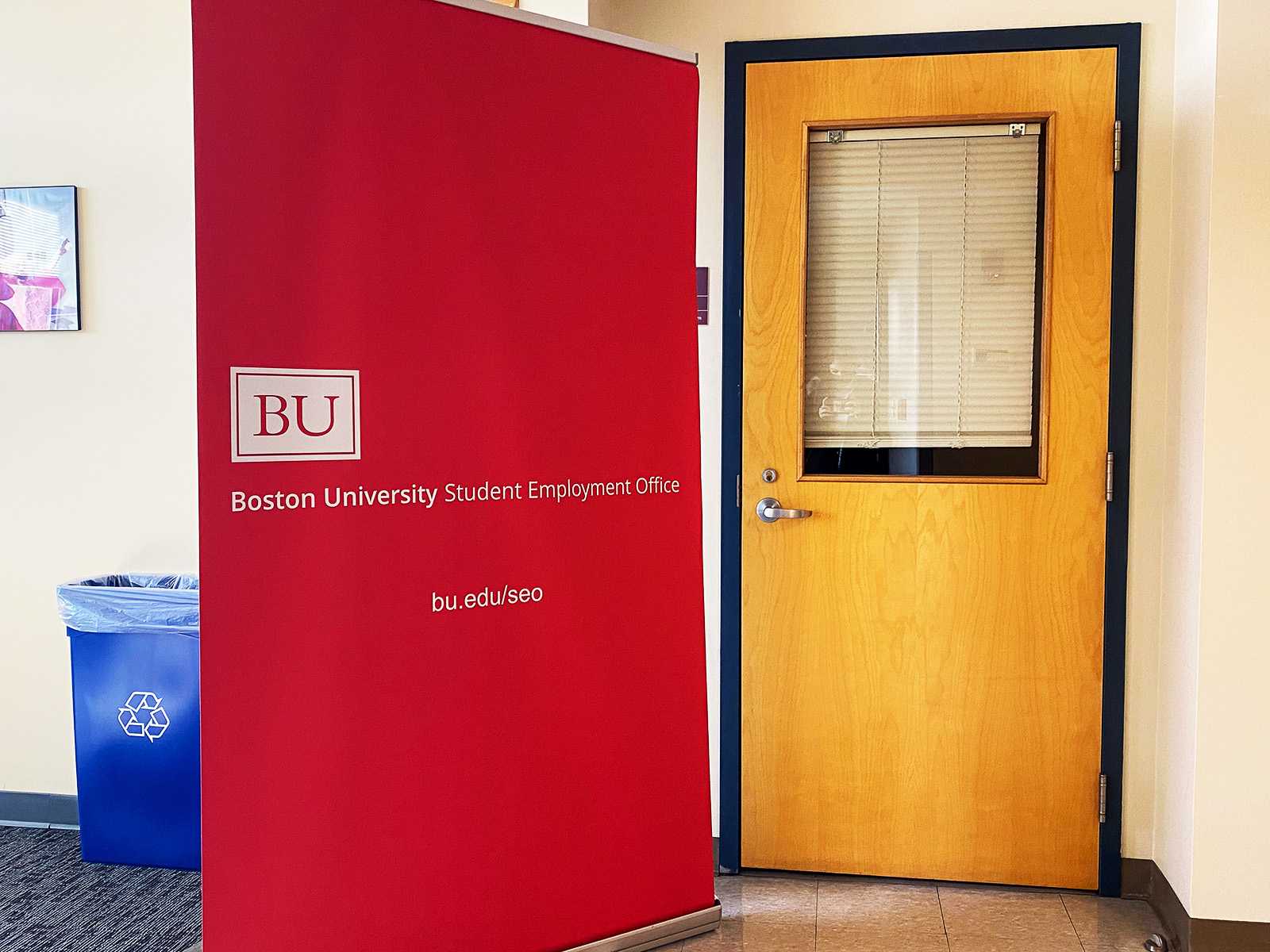Egyptian President Mohammed Morsi’s decree granting him powers above the highest courts in Egypt is unjust and undermines the success of Egypt’s revolution, BU professors said.
“Even for a day, it’s no good,” said research professor and native Egyptian Farouk El-Baz. “It’s not acceptable. Nobody should have that power. He has to rescind it no matter what.”
Morsi won the Egyptian presidential election in June after former president Hosni Mubarak was ousted in February 2011. Morsi issued a Nov. 22 decree banning challenges to his authority and forbidding courts from overturning his decisions.
Widespread protests erupted after the decree. On Tuesday, thousands of demonstrators protested in Cairo’s Tahrir Square.
“We won a fantastic thing,” El-Baz said. “Arabs said, ‘My God, Egypt is back. Peace in the Middle East forever.’ His position was elevated and instantly he makes this decree. It could have gone uphill.”
El-Baz said the timing of Morsi’s decree did not allow people to celebrate the success of Egypt’s role in international negotiations. Reactions to the decree caused already poor economic conditions to worsen, he said. The Egyptian stock market dropped 9.6 percent Nov. 25.
“The economy alone would suffer if he doesn’t go back on his word,” he said.
Though 51.7 percent of the voting population voted for Morsi, El-Baz said there is an underlying fear the constitutional courts do not represent the whole spectrum of the Egyptian population.
International relations professor William Keylor said Egypt’s role in the Middle East and relations with the U.S. will be affected by the manner in which Morsi proceeds.
“Israel was initially concerned because Morsi is a member of the Muslim Brotherhood, which is of the same political persuasion as Hamas,” Keylor said. “While he has not repudiated the peace treaty with Israel that Mubarak preserved, Egypt’s future role in the Israeli-Palestinian peace process remains a big question mark.”
Keylor said the U.S. regards Egypt as its most important ally in the Arab world, with it being the second largest recipient of U.S. aid. Because Morsi’s decree moves away from democracy, Egyptian aid requests might bring about difficulty in Congress.
Several students said Morsi’s declaration that Egyptian judicial courts cannot challenge his decisions until a Parliament is elected and a constitution is established is a set back for Egypt’s progress towards a democratic government.
College of Engineering senior Aly El Attal said the decree asserted autocratic power over judicial courts and did not come as a complete surprise.
“He’s trying to convince us he’s a benevolent leader, but he’s not making decisions on his own, which gives him less credibility,” Attal said. “If the protests are intended to bring down this president, the decree unwarranted, the way to replace him is through an election.”
College of Arts and Sciences and School of Management junior Omar Yassin, who is from Egypt, said while he disagrees with the decree, he can see why Morsi and other people support the temporary order.
“If he has good intentions by assuming complete control, he can use benevolent rule to get the constitution over and done with for all,” Yassin said.
Yassin said the new regime and elected officials decided to put forth a president first and a constitution second, which puts Morsi in power without a constitution “tying him down.”
Egyptian ENG junior Hisham El Haddad said Morsi’s decree is hypocritical for someone who was elected in a democratic revolution and shows weakness.
“What he’s saying is showing how weak they are,” El Haddad said. “It’s saying that the Muslim Brotherhood cannot convince the judicial branch with anything they come up with.”
Attal, Haddad and Yassin each said they would not return to Egypt after graduation if the country remains unstable.
Michelle Orozco, a College of Communication sophomore, said Egypt has traded one dictator for another.
“It’s unfortunate that they’re going through this again but they should keep fighting until they get someone who’s worthy of representing them,” she said. “It is unfortunate and I think that they’re in store for more war and bloodshed.”
Attal said many in Egypt have lost hope in the past year and a half, while people like his family members who did not protest during the revolution are now out in the streets.
“What needs to happen is the focus needs to shift from politics to working,” he said. “If people went back to work [instead of protesting], to growing themselves, things would work themselves out.”
Brian Latimer contributed to the reporting of this article.
























































































































